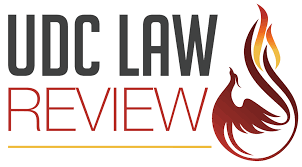
Abstract
In recent years, access to justice and civil right to counsel advocates have taken a strong interest in pilot programs to test the cost and effectiveness of increasing the availability of counsel to low-income civil litigants. An eighteen-month privately-funded housing counsel pilot in two Boston courts has recently concluded and a new housing pilot is about to begin in three different Massachusetts courts. Pilots are also ongoing or in late stages of development in several other states. The most ambitious pilot program to date is the multi-year, multi-county pilot project underway in California pursuant to the Sargent Shriver Civil Counsel Act of 2009.1 A national civil right to counsel pilot project conference was held in Chicago in November 2012, and a manual on developing civil right to counsel pilot projects was created the same year by the Washington Appleseed organization in conjunction with the National Coalition for a Civil Right to Counsel.2 This article discusses the recent interest in civil right to counsel pilot programs and examines the California Sargent Shriver Civil Counsel Act pilots in detail, assessing their unique mix of court-based innovations and newly-funded counsel.
First Page
75
Recommended Citation
Clare Pastore,
Gideon Is My Co-Pilot: The Promise Of Civil Right To Counsel Pilot Programs,
17
U.D.C. L. Rev.
75
(2014).
Available at:
https://digitalcommons.law.udc.edu/udclr/vol17/iss1/7

